On 11 September 1730, 363 people from the Bishnoi tribe were killed for trying to peacefully protect a grove of Khejri trees. This event became known as the Khejrali massacre. The resistance of these protestors also served as an inspiration for the Chipko movement. Several temples and monuments have been erected in honour of these brave people, a fair also gets conducted in the month of September at Khejrali, Rajasthan to pay homage.
Amrita Devi one of the leading figures of the movement was immortalized by having an environmentalist award named after her, called ‘Amrita Devi Bishnoi Environment Protection Award’. Since 2013, this day has been marked as National Forest Martyrs Day.
On this day, people gather to raise awareness about environmental protection, climate change, ecosystem and advocate for change. Tree Plantation Drives, Educational Workshops and Awareness Campaigns are also held.
On this National Forest Martyrs Day, We would like to take this opportunity to talk about some of the major environmentalists living in India
- Sunderlal Bahuguna
- Salim Ali
- Monkombu Sambasivan Swaminathan
- Sumaira Abdulali
- Kinkri Devi
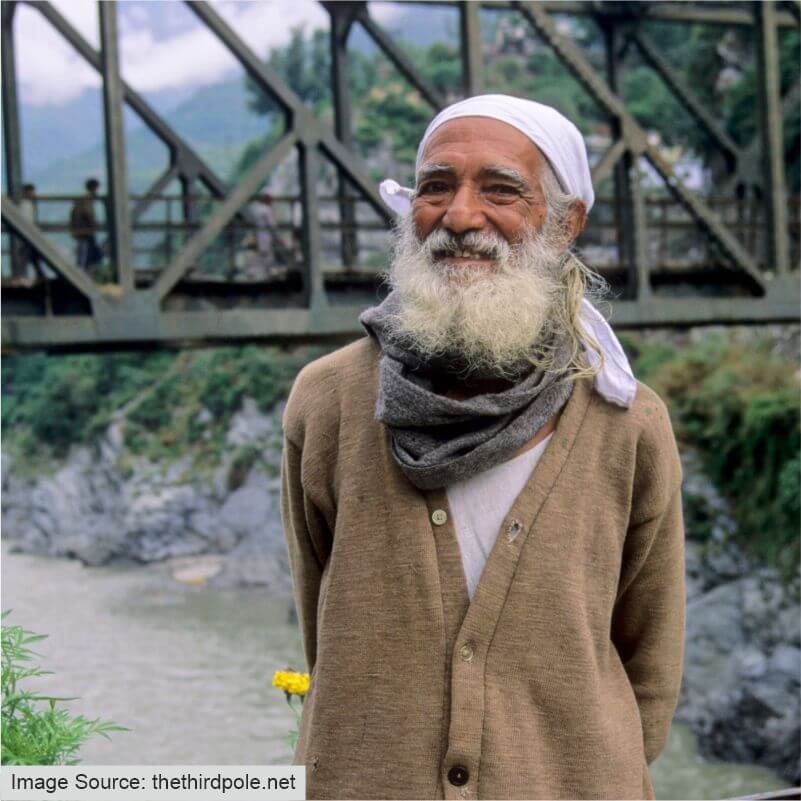
The aforementioned Chipko movement was the brainchild of the late Sunderlal Bahugana and his wife, Vimla Bahugana. In the 1970s, he fought for the preservation of forests in the Himalayas. He later led the Anti-Tehri Dam protests from the 1980s to early 2004. For his efforts, he was awarded the Padma Vibhushan Award in 2009. Sadly, Sunderlal Bahugana met his demise on May 21, 2021, due to COVID-19.
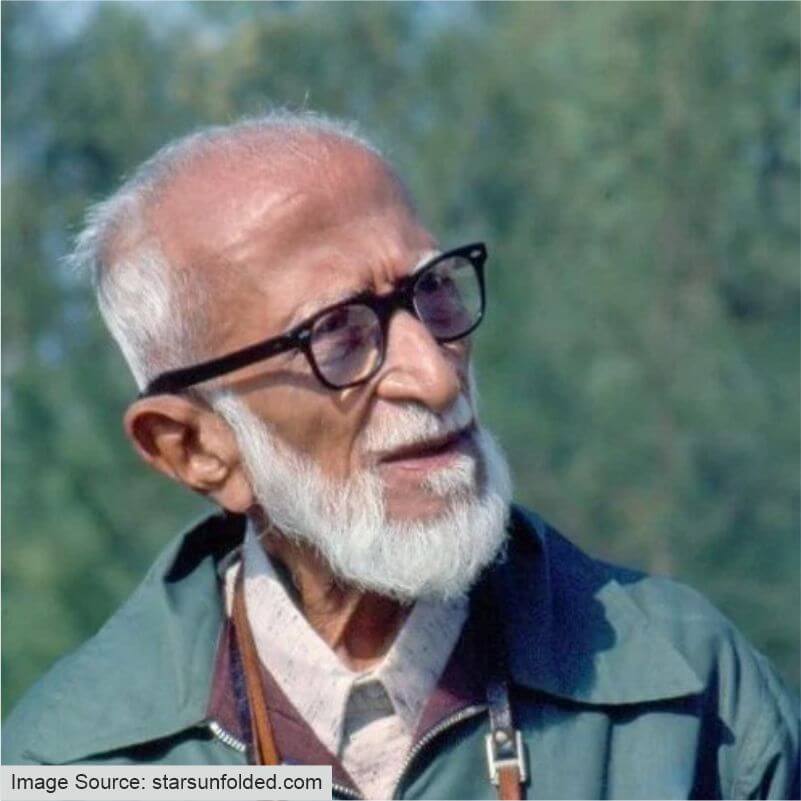
Sálim Moizuddin Abdul Ali, popularly known as Salim Ali, is one of the key figures in Indian Ornithology. He is recognized for making ornithology popular in India. Salim Ali used his popularity to spearhead many environmental movements. He used his influence to get support for the Bombay Natural History Society, the Creation of Bharatpur Bird Sanctuary (Keoladeo National Park) and The Prevention of the Destruction of Silent Valley National Park. He has been awarded numerous accolades, including the Padma Bhushan in 1958 and the Padma Vibhushan in 1976. Salim Ali passed away in 1987, leaving behind a legacy that is still cherished by ornithologists today.
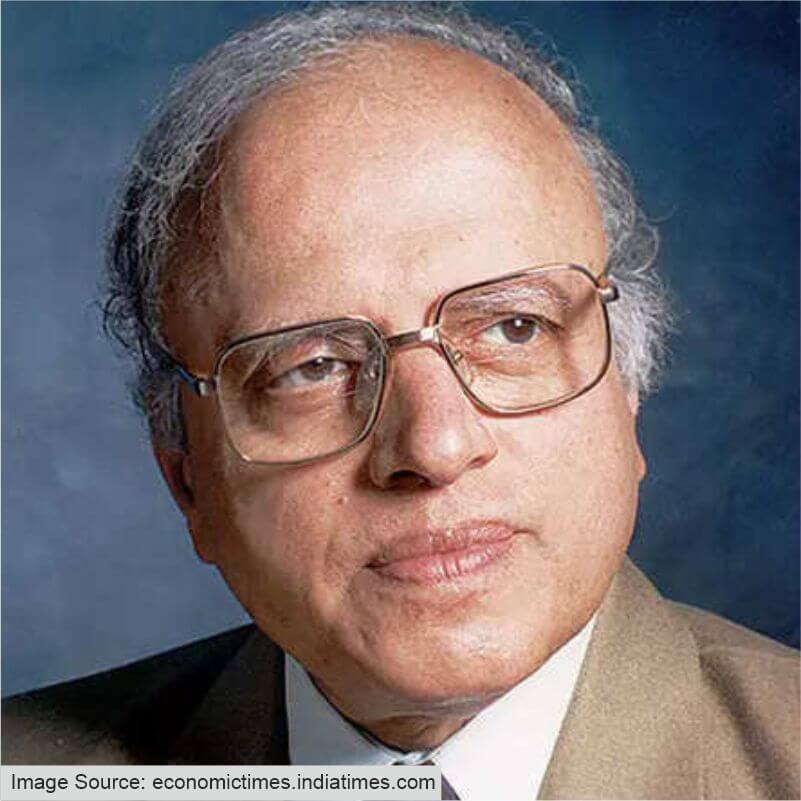
Monkombu Sambasivan Swaminathan, aka M.S. Swaminathan, is primarily recognized as the architect of the ‘Green Revolution’ in India. He introduced and developed high-yield varieties of wheat and rice. His efforts alongside American agronomist Norman Borlaug, and other scientists, saved India and Pakistan from famine in the 1960s. He later became the Director General of the International Rice Research Institute (IRRI). Today, M.S. Swaminathan sits with various awards like the Ramon Magsaysay Award and the Albert Einstein World Science Award on his shelf.
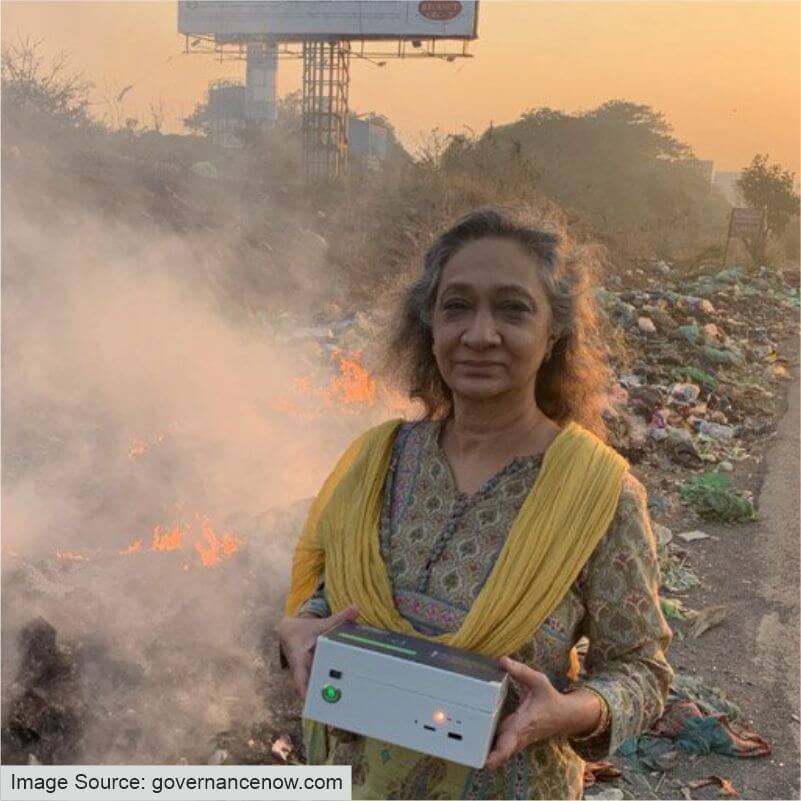
Switching gears to one of the modern environmentalists, Sumaira Abdulali is an activist from Mumbai, Maharashtra. She is the founder of the NGO, Awaaz Foundation and convenor of the Movement against Intimidation, Threat and Revenge against Activists (MITRA). Using legal interventions, Sumaira Abdulali has brought many environmental reforms. Some of these are silence zones extending 100 metres around hospitals, educational institutions, courts and religious institutions, >and filed the first public interest litigation in the country against illegal sand mining in 2006 and banned them. Being a victim of assault, she has raised her voice for the protection of activists.
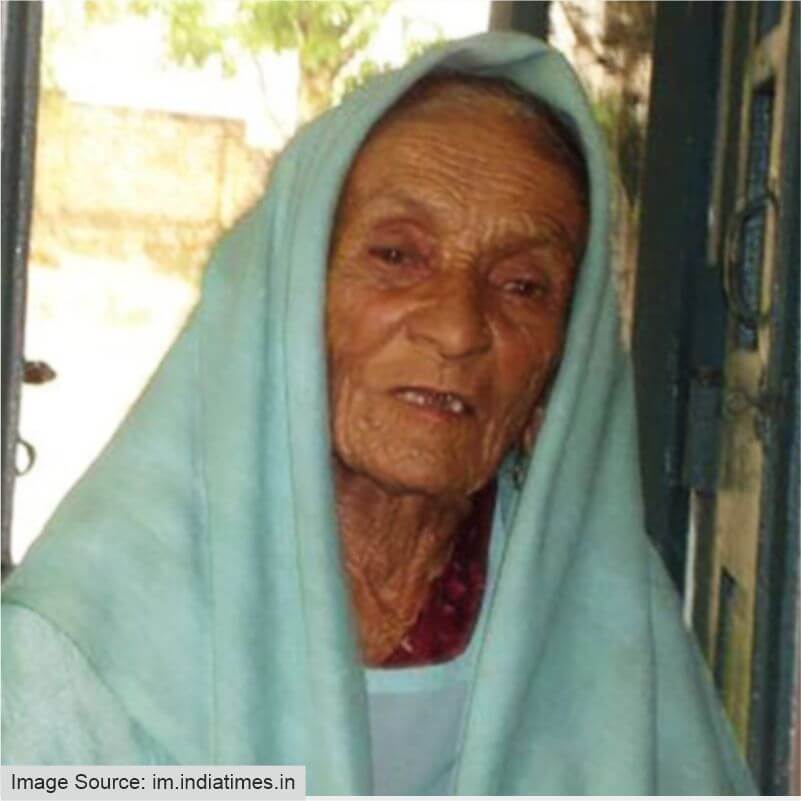
Kinkri Devi spent her entire life in poverty, her interests lying plainly in the protection of the environment. While she was working as a sweeper, she noticed that quarrying was harming the water supply. This motivated her to do something about it. With the support of the People's Action for People in Need, Kinkri filed a lawsuit against 48 mine owners. After her lawsuit was unsuccessful, Kinkri went on a hunger strike, gaining mainstream attention in the process. In 1987, the court ordered a stay on mining and imposed a blanket ban on blasting. She also garnered the attention of Hillary Clinton and was invited to numerous conferences. Kinkri passed away on 30 December 2007 aged 82.
Child Help Foundation recognizes the danger of climate change and has conducted numerous plantation and beach-clean-up drives. Through the Life on Land programme, we have helped 56,936 plants and animals and saved 2,08,77,780 marine animals through beach-clean-up programmes. 11,32,515 human lives have also been catered to due to our humanitarian relief efforts.
Thank you for taking the time to read this article. Please share this with all your friends and family members.
